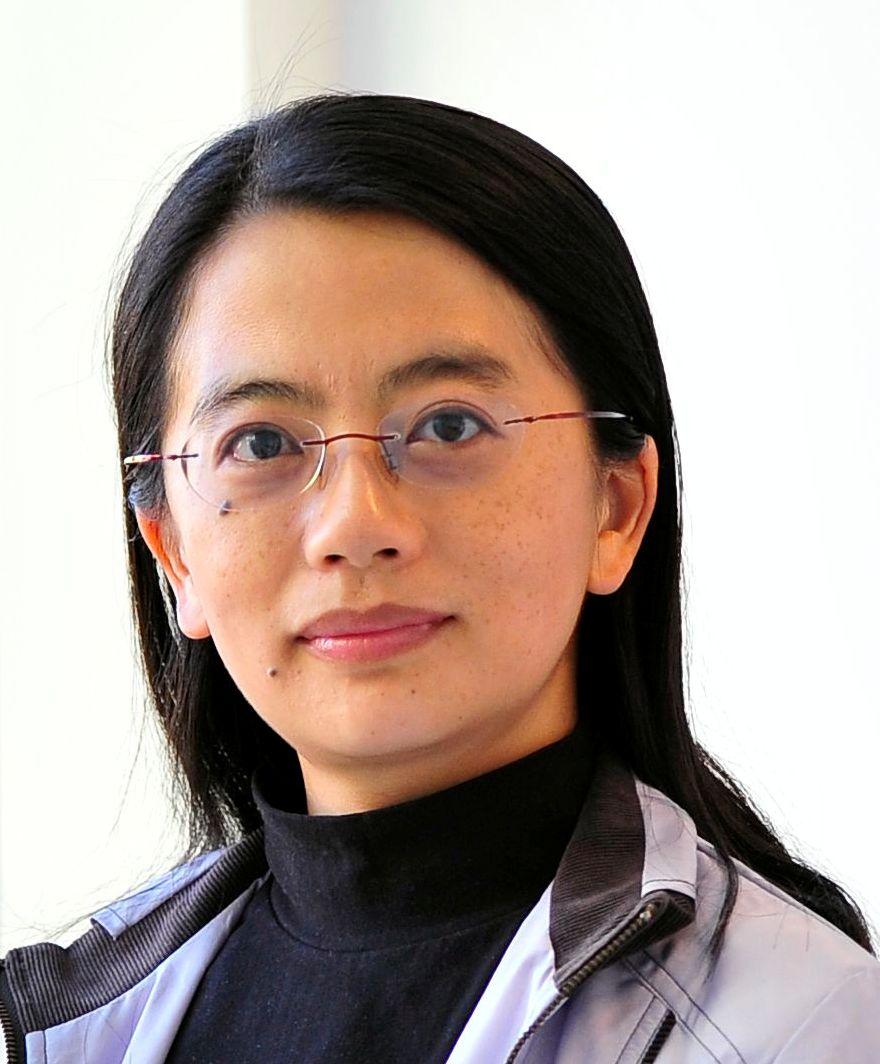 A University of Maryland expert in digital forensics and signal processing has received funding from the National Science Foundation to advance telehealth services by incorporating a novel video technology to virtually detect a patient’s physical symptoms.
A University of Maryland expert in digital forensics and signal processing has received funding from the National Science Foundation to advance telehealth services by incorporating a novel video technology to virtually detect a patient’s physical symptoms.
Min Wu, a professor of electrical and computer engineering with an appointment in the University of Maryland Institute for Advanced Computer Studies, is principal investigator of the $152K multi-institution interdisciplinary award. She is collaborating on the project with Donald Milton, a professor in the School of Public Health who is an expert in respiratory epidemiology, and researchers at University of Maryland School of Medicine and North Carolina State University.
Initially, Wu developed new algorithms that use video sensors to track heart rate for applications in sports and law enforcement. She coined this line of research “physiological forensics” in a keynote speech she delivered in June at the virtual ACM Workshop on Information Hiding and Multimedia Security.
Due to the rising need of remote medical care, Wu will now apply physiological forensics to telehealth with new funding from the NSF Rapid Response Research initiative, which aims to mobilize the scientific community in response to the current coronavirus pandemic.
Employing novel contact-free video sensing, the researchers will collect first-of-its-kind data to understand physiological conditions related to COVID-19 and similar diseases.
The researchers will use low-cost consumer-grade cameras to collect data on patients’ physiological conditions–including respiration rate, heart rate and blood oxygen saturation levels.
The technology provides an important missing component in telehealth that will enhance the remote interaction between medical providers and their patients, say the researchers, while addressing the recent surge in remote medical care.
Wu believes that by advancing telehealth technology like the project she is working on, healthcare professionals will be able to manage future epidemics more effectively. Furthermore, increasing the accuracy and accessibility of telehealth services will decrease hospital overcrowding, help citizens better adhere to socially distancing rules, and improve their overall quality of life.
Computing & Health